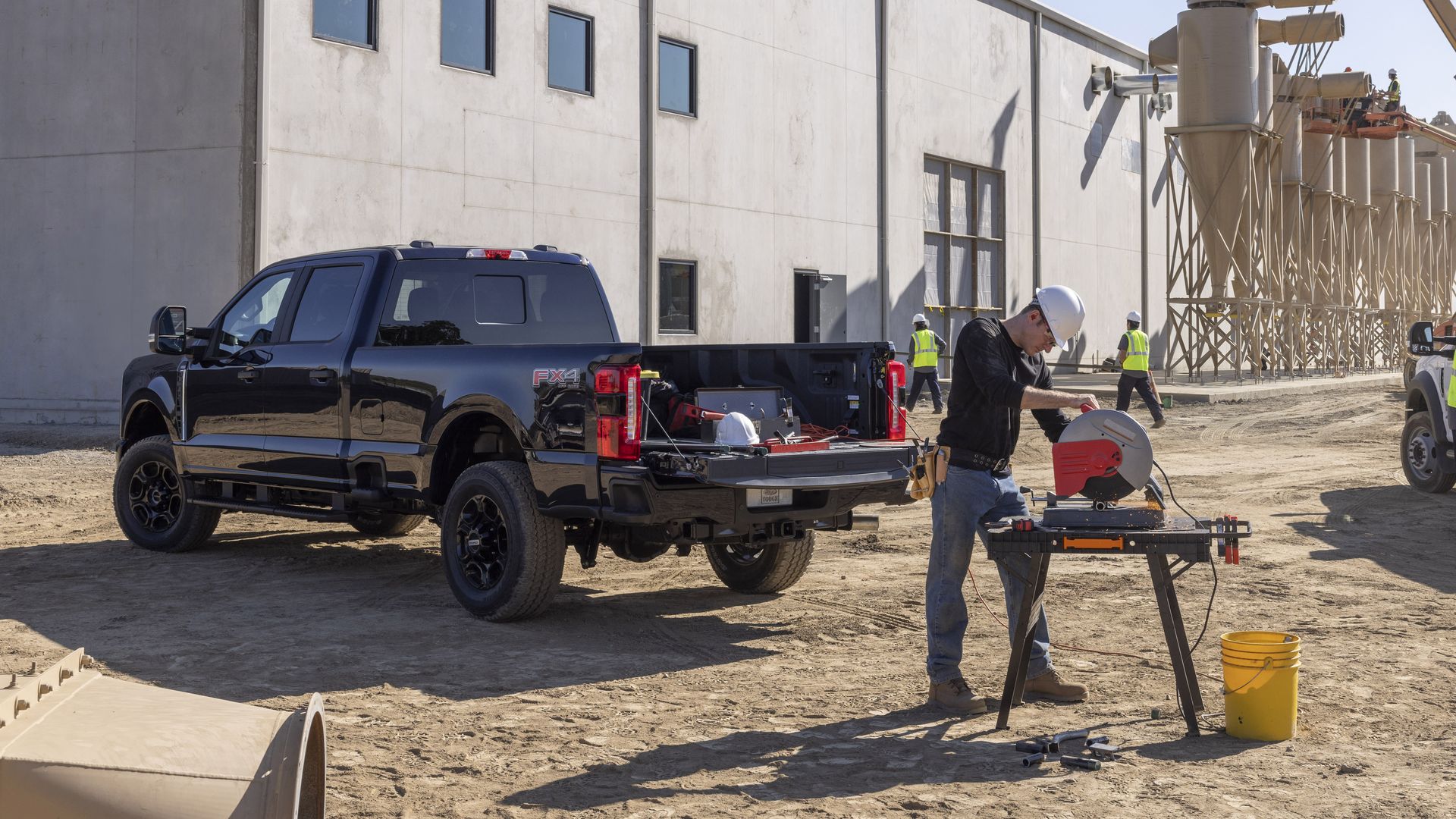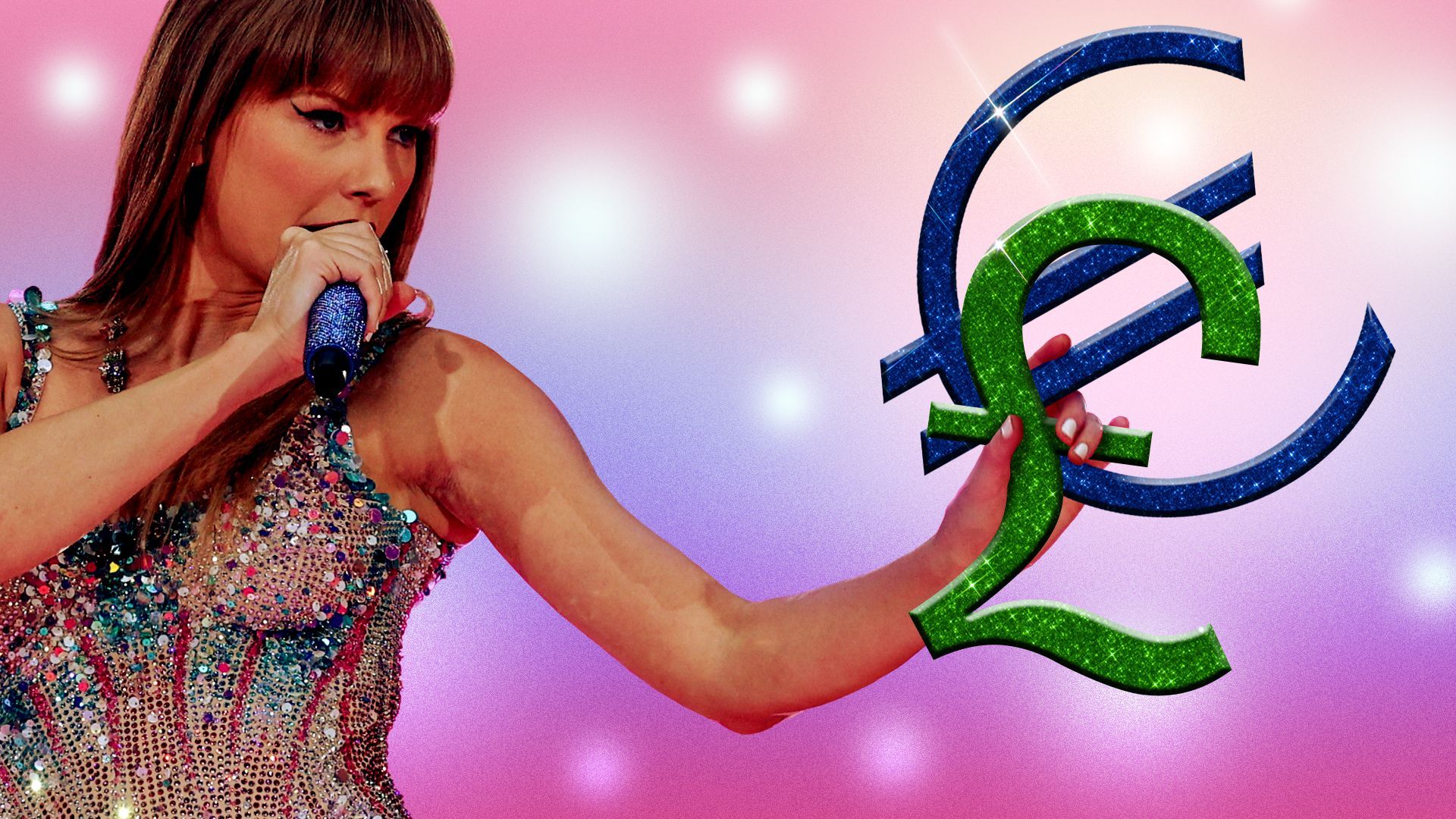
Photograph:(Agencies)
FOLLOW US
STORY HIGHLIGHTS
Usha's family is originally from a village called Vadduru in Andhra Pradesh state but moved to Chennai.
Usha Chilukuri Vance, the wife of Republican presidential candidate Donald Trump's running mate JD Vance, has become a household name in India because of her Indian roots. Her family member was said to be a Rashtriya Swayamsevak Sangh (RSS) worker and was jailed during the Emergency period (1975 to 1977) in India, as per media reports.
Usha's popularity is quite similar to Kamala Harris when she was the United States President Joe Biden's running mate and eventually became vice president following the 2020 election.
Usha, 38, is the daughter of Indian immigrants and follows the Hindu religion. She could become the "second lady" of the United States if Trump wins the upcoming presidential election.
She studied at Yale and Cambridge but quit her job after her husband's name was picked as the Republican nominee's running mate. Usha was a law clerk to US Chief Justice John Roberts and later became an attorney at American law firm Munger, Tolles & Olson LLP.
She appeared on stage to introduce her husband at the Republican National Convention in Milwaukee and gave an impressive speech.
Ever since Usha has gained widespread recognition on a global scale and people have been curious about her ancestral roots.
So far, the world knows that Usha has a great-aunt, aged 96, in southern India. Local media called her the country's oldest active professor.
News agency Reuters reported that Shanthamma Chilukuri, who still travels 60 km (40 miles) most weekdays to university to teach physics.
"Most of our family is academically strong and education has been a top priority," Shanthamma told the news agency by phone from the city of Visakhapatnam.
While speaking to Times of India, Shanthamma said, "Usha is the granddaughter of Rama Sastry, my husband Subramanya Sastry's eldest brother. I am happy she has inherited the sharp intel intellect and acumen that runs in our family."
"Both my husband and his elder brother (Usha's grandfather) served as university professors. Our family also holds deep societal concerns. My husband, in fact, spent two years in jail during the Emergency as he was an RSS worker," she added.
More about Usha Vance's family
Usha's father and grandfather both taught and/or studied at the Indian Institute of Technology (IIT), a premier engineering college in the country.
Her younger sister is a mechanical engineer with a semiconductor company in San Diego, California and her aunt is a medical professional in the southern Indian city of Chennai.
The family is originally from a village called Vadduru in the Indian state of Andhra Pradesh, but moved to Chennai when Usha Vance's paternal grandfather, Ramasastry Chilukuri, went to teach at the IIT there around the time it was set up in 1959, members of the family said, as reported by Reuters.
The IIT now runs a student award in memory of Ramasastry, who used to teach physics.
(With inputs from agencies)
)
Srishti Singh Sisodia is a digital journalist at WION and majorly writes on world politics. She is a die-hard FCBarcelona fan.

